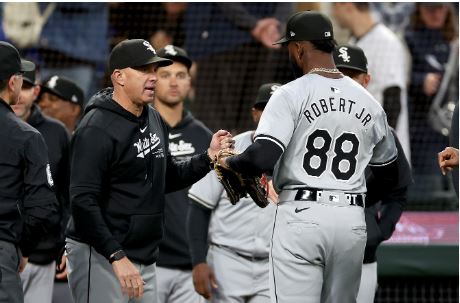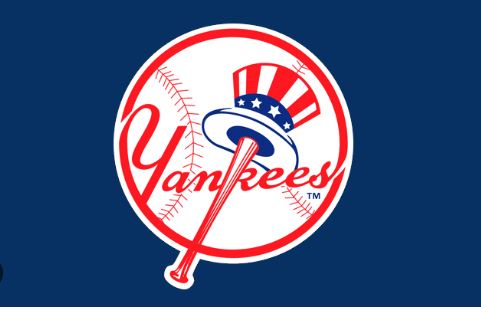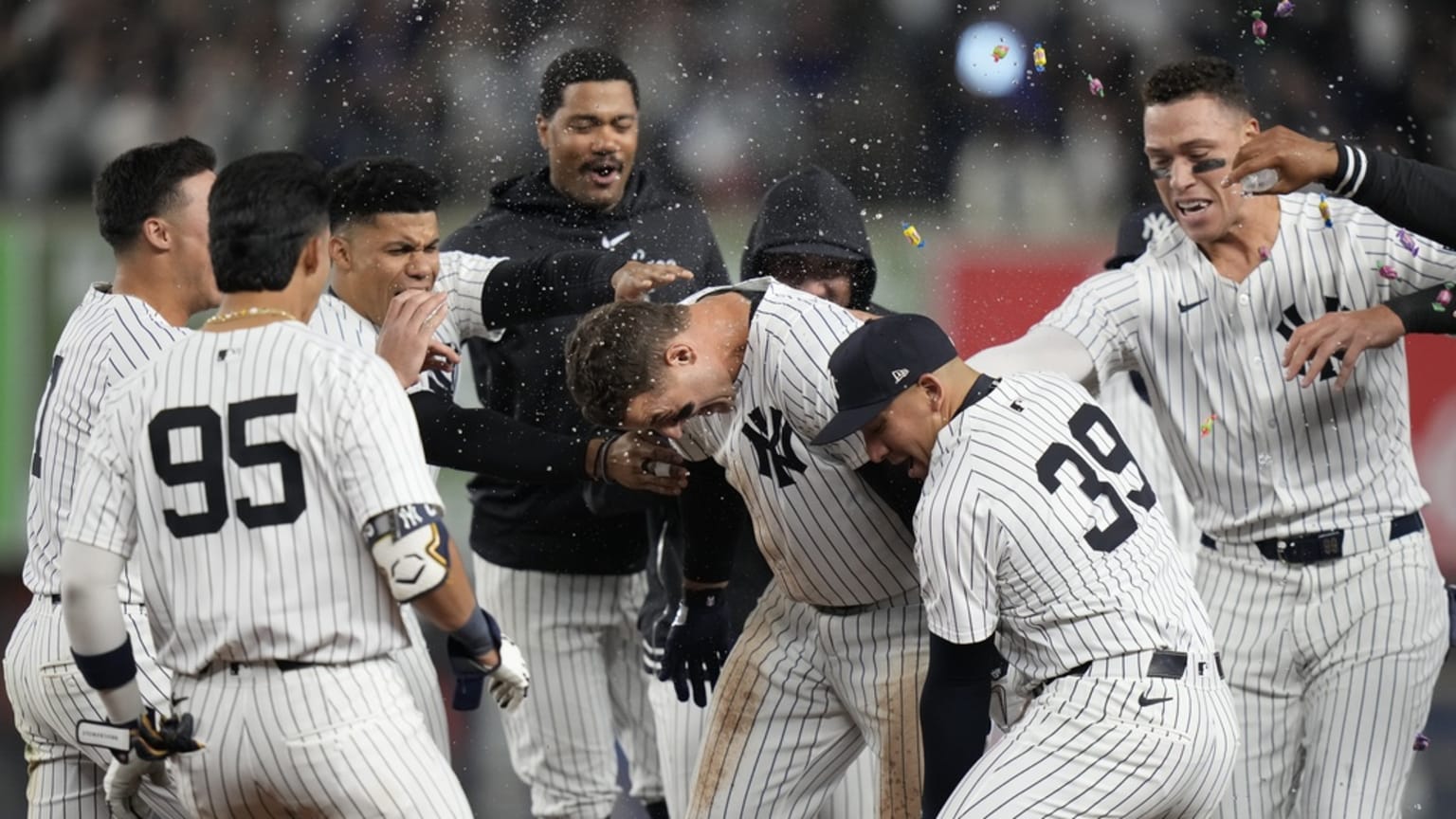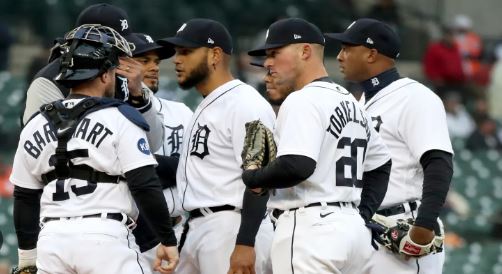The Chicago White Sox are set to promote left-hander Ky Bush ahead of Tuesday’s game against the Oakland Athletics, according to Daryl Van Schouwen of the Chicago Sun-Times via X (formerly Twitter). Bush will make his Major League debut as the starting pitcher in that game.
The White Sox won’t need to make any 40-man roster adjustments to accommodate Bush, as they have open spots following their trade deadline moves.
The team needed to fill a rotation spot after Erick Fedde’s departure and Drew Thorpe’s injury, and Bush will step in to take on that role. Bush was acquired from the Los Angeles Angels in the trade that sent Lucas Giolito and Reynaldo López to Anaheim at last year’s trade deadline. Standing 6’6″ and weighing 250 pounds, Bush is considered one of the White Sox’s most MLB-ready pitching prospects. According to his MLB.com scouting report, Bush’s top pitch is a 55-grade slider, with his fastball, curveball, and changeup each receiving 50 grades.
Bush’s Journey in AA and AAA
Bush, who was drafted in the second round in 2021 as part of an Angels draft class that exclusively selected pitchers, spent the 2022-23 seasons at the Double-A level and started 2024 there as well. However, his progress was interrupted by a lat strain and the mid-season trade to Chicago last year.
This season, Bush has excelled with the Double-A Birmingham Barons, posting a 2.12 ERA, 1.03 WHIP, and 8.7 K/9 in 80.2 innings across 14 starts. His strong performance earned him a promotion to the Triple-A Charlotte Knights in early July, his first experience at that level.

While Bush has struggled in his limited time at Triple-A, with a 6.16 ERA over 19 innings in four appearances, his overall season ERA stands at 2.89 over 99 2/3 innings, accompanied by a 10.45% walk rate and a 23.4% strikeout rate. The recent decline in his numbers is based on a small sample size, and it’s worth noting that the International League is known to be favorable to hitters.
Earlier this year, the White Sox promoted Drew Thorpe directly from Double-A to the majors, partly due to the hitter-friendly environment in Triple-A.



